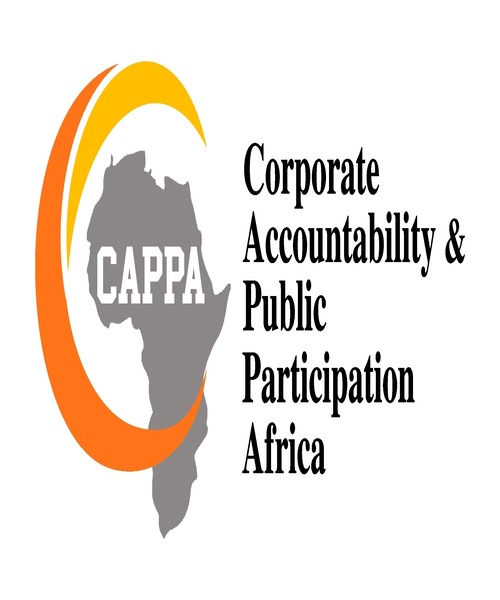The CAPPA says State Government’s proposal to privatise the water is harmful to the people and a violation of residents' right to safe water
20th August 2025 05:07 PM ![]()

The Corporate Accountability and Public Participation Africa (CAPPA) has condemned the Lagos State Government’s proposal to privatise the water supply through a Public-Private Partnership (PPP), describing it as harmful to the people and a violation of residents’ rights to safe, affordable, and publicly-managed water services.
In a statement released on Wednesday by Robert Egbe, CAPPA’s Media and Communication Officer, the recent Lagos Water Corporation (LWC) workshop advocating for the PPP was dismissed as a mere “public relations stunt.” The workshop included commitments to expedite legal reforms designed to protect investor interests, with plans to pilot a concession covering about 10 percent of water assets.
“This scheme marks the end of water as a fundamental human right, reducing it to a commodity for investors to profit from,” CAPPA warned.
It said the push towards privatisation continues a troubling trend over the past decade of handing over essential services to corporate entities, which ultimately increases costs and limits access for residents.
Responding to LWC Managing Director Mukhtaar Tijani’s assertion that CAPPA declined the workshop voluntarily, the group insisted their refusal was based on principle. They pointed out that the government had already issued a Request for Proposals for private-sector management of mini and micro waterworks under a Build-Finance-Operate-Transfer (BFOT) contract, making genuine consultation impossible.
“Meaningful stakeholder engagement must come before—not after—major policy decisions,” emphasized Akinbode Oluwafemi, CAPPA’s Executive Director. “By soliciting bids before consulting the public, the government has demonstrated a disregard for accountability.”
CAPPA also criticised the lack of transparency in prior agreements with private companies Belstar Capital and ENKA, noting an absence of publicly available information regarding financing, contractual terms, or protections for consumers. The Lagos Water Partnership launched in 2024 was characterized as largely symbolic, with key decisions being made behind closed doors.
Contrary to Tijani’s claim that PPPs “are not privatisation,” CAPPA explained that arrangements such as concessions and BFOT contracts still hand over operational control and tariff-setting to private firms, frequently leading to job losses and reduced oversight.